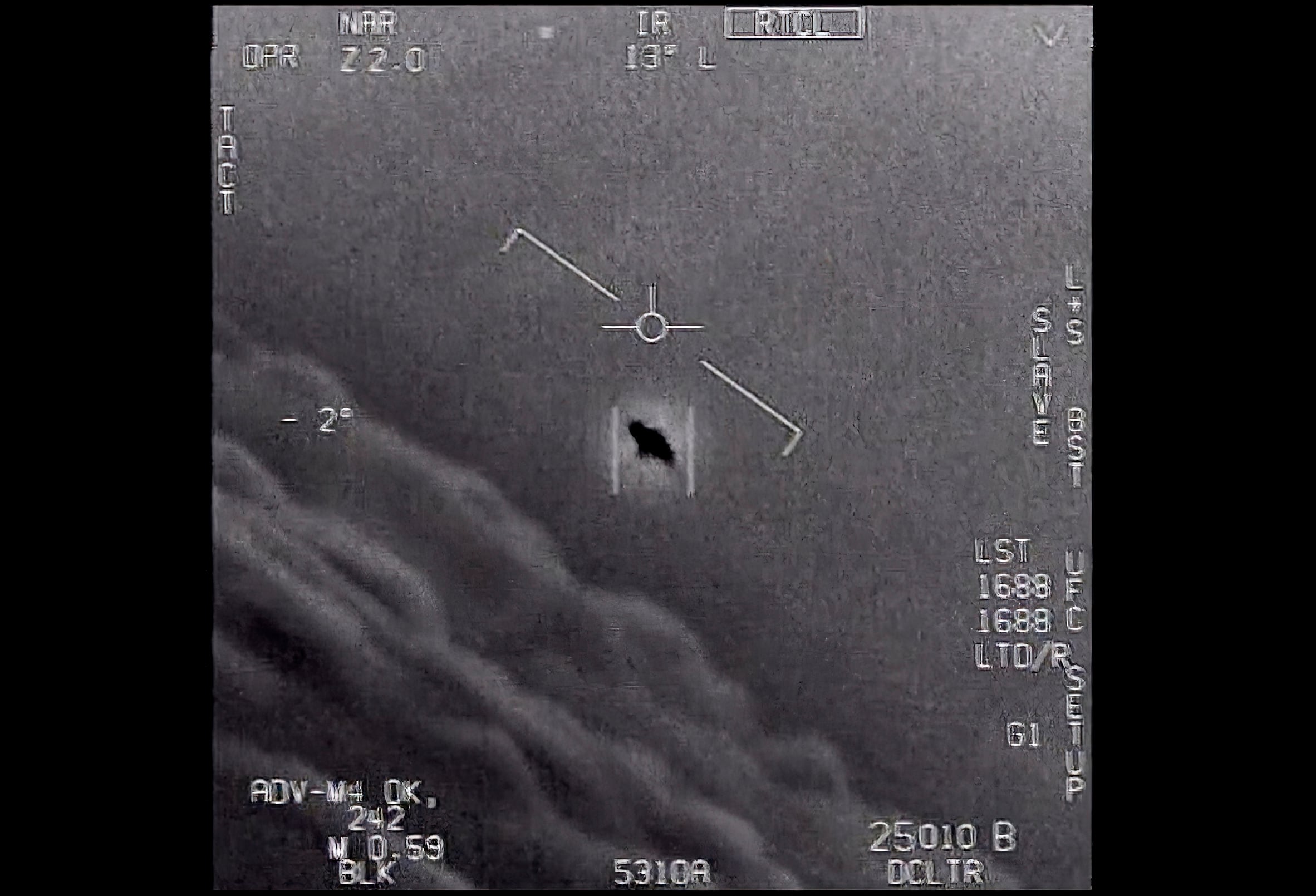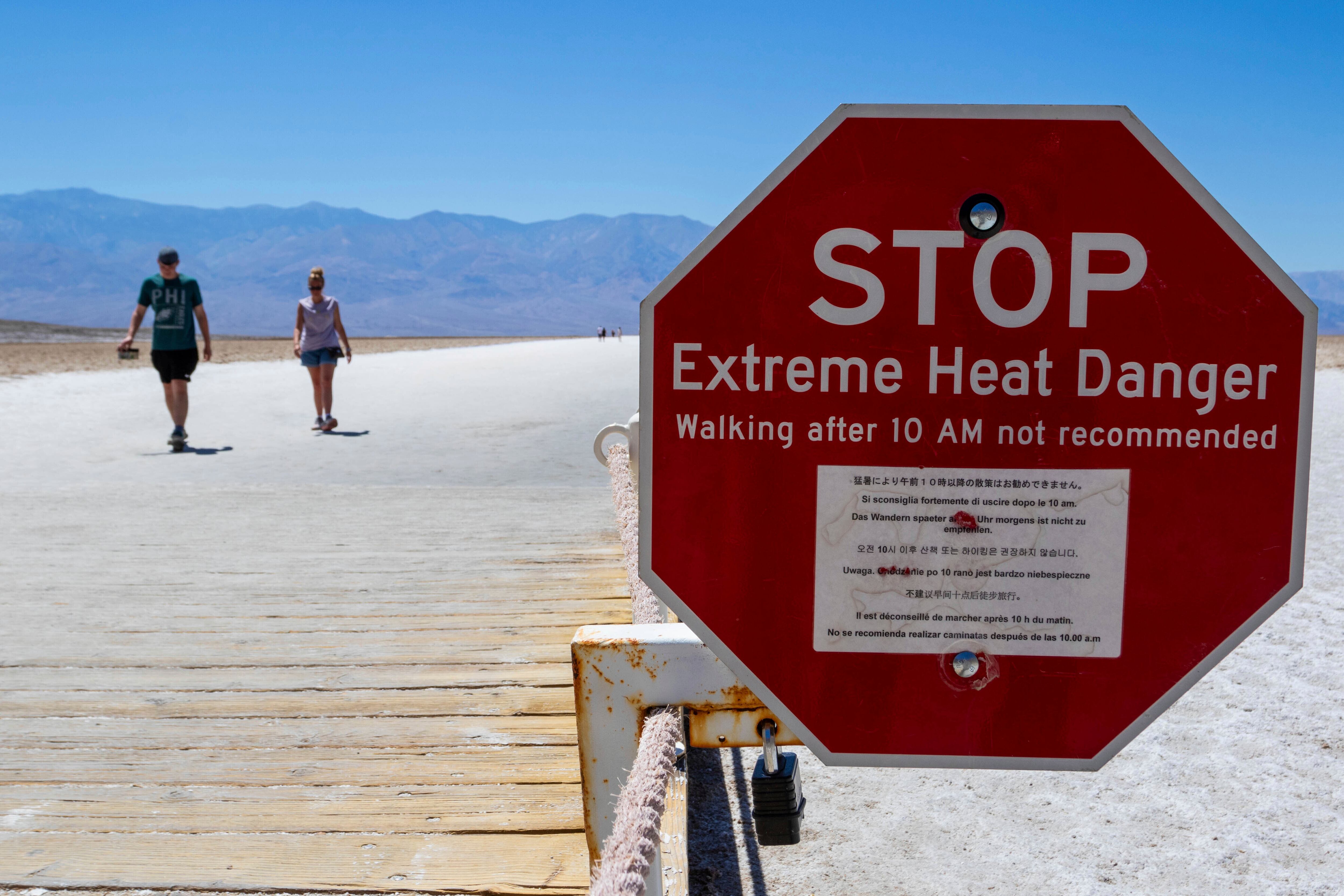MASTODON MUSEUM
A jogger in Santa Cruz, California was in for a big surprise when she discovered a gigantic molar tooth belonging to an ancient mastodon that lived on earth during the Ice Age. The woman posted a photo of the one-foot fossil on her social media over the memorial day weekend, and an employee at the Santa Cruz Museum of Natural History later confirmed the tooth belonged to a Pacific mastodon. That's a giant elephant-like creature that went extinct 10,000 years ago. Remains of the mastodon have been found in Santa Cruz before.
NEW ASTEROID DISCOVERED
Scientists have discovered a new asteroid that's been tagging along with Earth for the past 2,000 years. The space rock is called a "quasi-moon," since it's only slightly influenced by the Earth's gravitational pull, but it still makes the journey around the sun much like the earth does. The asteroid is only about 50 feet in diameter and was first observed by the Pan-STARRS Observatory in Hawaii earlier this year. Quasi-moons tend to trail Earth for just a few decades but this one has been with the earth since about 100 BC.
A 7.2 magnitude earthquake was reported in Alaska over the weekend, leading to a brief tsunami warning.
Over 11 million Americans are under a heat advisory, with the extreme weather hitting the southern U.S.
Temperatures in central and southern California could hit 120 degrees Fahrenheit this weekend.
The World Health Organization moved to classify aspartame, the artificial sweetener in diet soda, as a possible carcinogen.
The World Health Organization's cancer agency has deemed the sweetener aspartame — found in diet soda and countless other foods — as a “possible” cause of cancer, while a separate expert group looking at the same evidence said it still considers the sugar substitute safe in limited quantities.
More than a third of Americans were under extreme heat advisories, watches and warnings Thursday as a blistering heat wave that's been baking the nation spread further into California, forcing residents to seek out air conditioning or find other ways to stay cool in triple-digit temperatures.
Tourists in central Athens huddled under mist machines, and zoo animals in Madrid were fed fruit popsicles and chunks of frozen food, as southern Europeans braced for a heat wave Thursday, with a warning of severe conditions coming from the European Union’s space agency.
A new study published in Nature has found that more than 56 percent of the world's oceans have changed color in the past 20 years, and climate change is to blame.
Recently discovered teeth of a two-million-year-old human relative in Africa could give researchers new insight into genetics.












